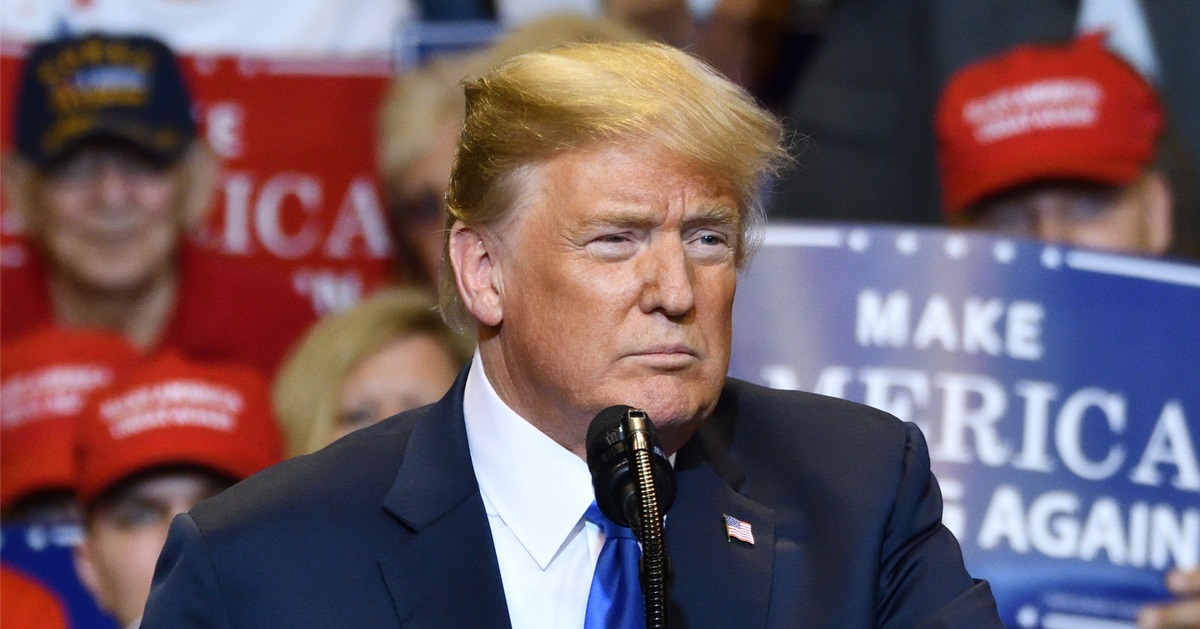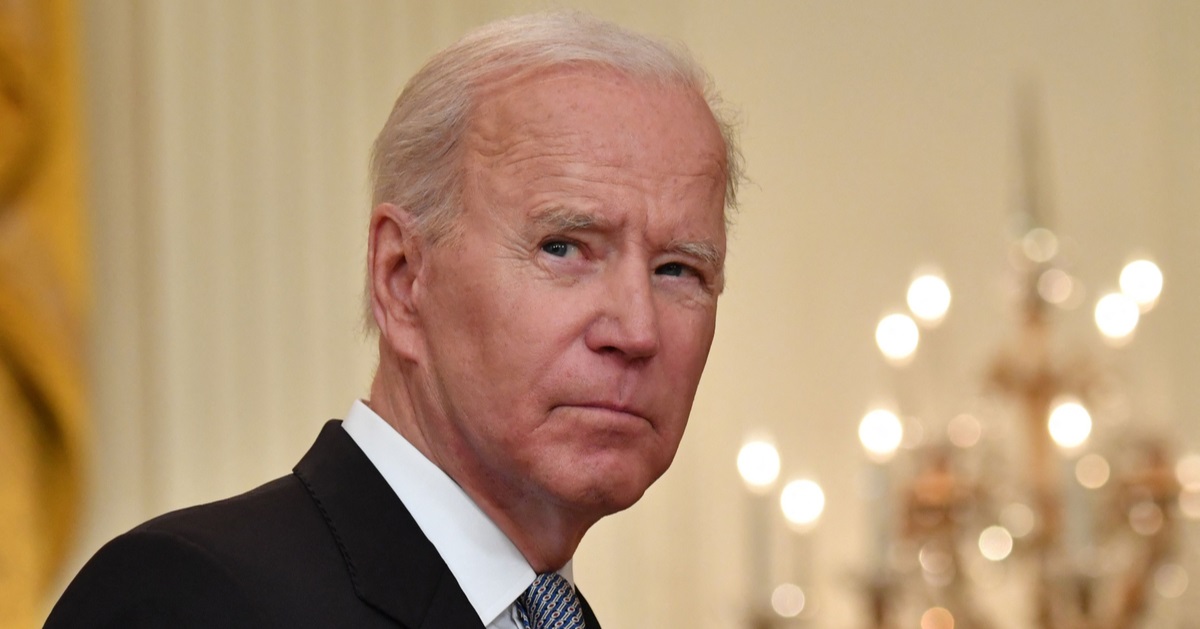Judge finds that antitrust lawsuit filed against Facebook's parent company can go forward
In a lawsuit filed three years ago, the Federal Trade Commission (FTC) alleged that Facebook's parent company engaged in "a years-long course of anticompetitive conduct."
While the corporation sought to have the lawsuit thrown out, a judge ruled this week that it can go forward.
Meta says it "faces fierce competition" from other platforms
In addition to owning Facebook, Meta has also acquired the social media platform Instagram as well as the messaging app WhatsApp.
While the FTC maintains that this constitutes an illegal monopoly, Meta disputed the claim in a court filing submitted to U.S. District Judge James Boasberg.
"From the very beginning, the FTC has failed to state a plausible claim, and the agency has done nothing to build its case through the discovery process to prove otherwise," The Hill quoted Meta as saying in an April press release.
"The FTC has no evidence of monopoly power because the alleged monopoly power doesn’t exist,” Meta said in the press release," it went on to add.
"In the end, while the parties' legal jousting is both impressive and comprehensive, it leaves no clear victor," Boasberg declared.
"This case must go to trial. Under the forgiving summary-judgment standard, the FTC has put forward evidence sufficient for a reasonable factfinder to rule in its favor," he insisted.
Met continues to deny wrongdoing
For its part, Meta reacted to Boasberg's ruling by once again denying the FTC's accusation that it is engaged in monopolistic activities.
"We are confident that the evidence at trial will show that the acquisitions of Instagram and WhatsApp have been good for competition and consumers," a Meta spokesperson stated.
"More than 10 years after the FTC reviewed and cleared these deals, and despite the overwhelming evidence that our services compete with YouTube, TikTok, X, Apple’s iMessage, and many others, the Commission is wrongly continuing to assert that no deal is ever truly final, and businesses can be punished for innovating," the spokesperson maintained.




